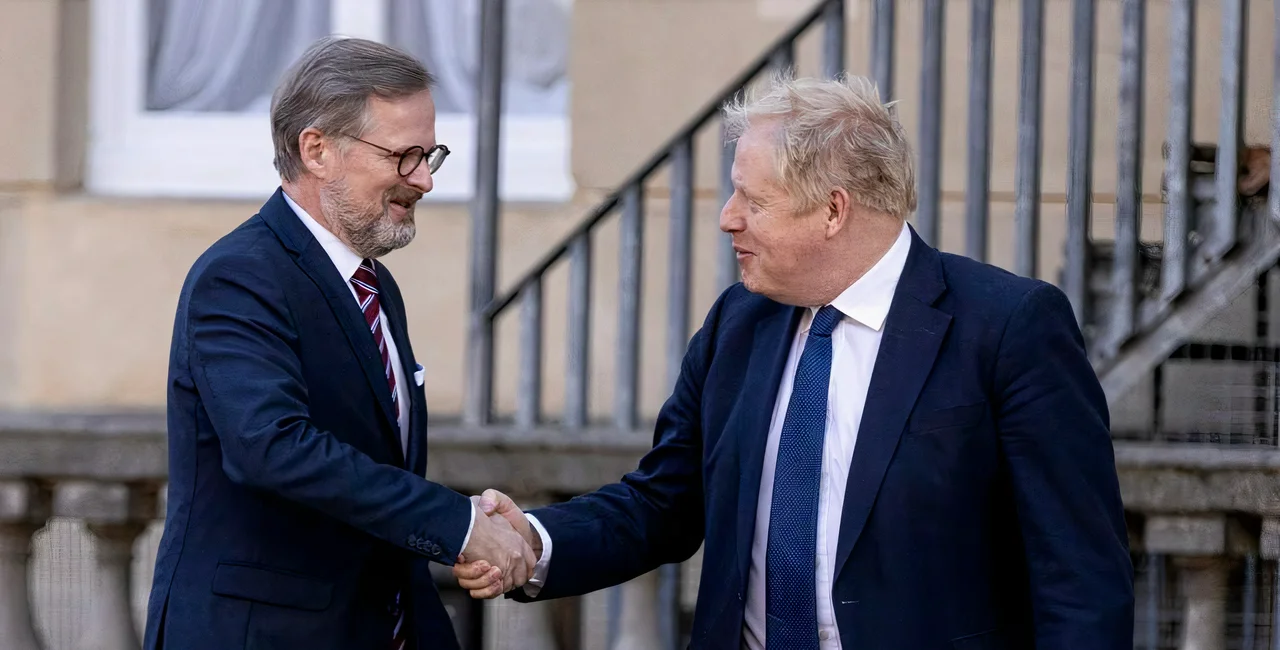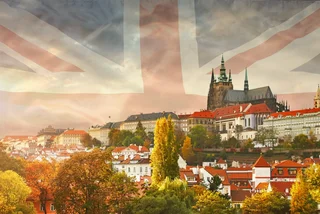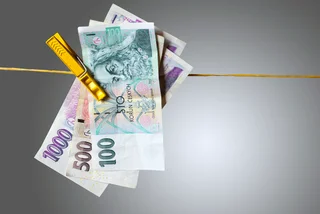When Britain voted to leave the EU in 2016, it chose a path of separation from the bloc’s free trade and free movement systems. Unsurprisingly, Brexit, which finally took place after years of political wrangling in January 2020, has led to various complications.
This week, British Chancellor of the Exchequer Rishi Sunak admitted that some trade disruption as a result of Brexit was “always inevitable."
The stickiest issue in negotiations between the EU and UK, though, has been the so-called Northern Ireland protocol. This protocol was agreed to prevent a politically controversial “hard border” between Northern Ireland, which is part of the United Kingdom, and the Republic of Ireland, which is part of the EU. The UK had to ensure continued economic access for Northern Ireland to the rest of the UK, while the EU had to protect its single market.
The protocol is controversial because it essentially left Northern Ireland as part of the EU’s single market, separate to the rest of the UK. Now, British Prime Minister Boris Johnson has expressed hope that the issues arising from this awkward situation could be resolved with the help of the Czech Republic.
Boris Johnson. 🇬🇧 pic.twitter.com/eLLP01tUss
— Petr Fiala (@P_Fiala) March 8, 2022
At the moment, the rotating presidency of the EU is held by France, whose leader, Emmanuel Macron, takes an uncompromising stance on Brexit issues. An ally of Johnson told the Financial Times that the British government hopes that the Czech EU presidency coming in the second half of this year will lead to a more “pragmatic” EU approach and make the bloc “open to discussion” about the protocol.
EU diplomats downplayed any ideas that the Czech presidency would lead to a change of stance. “There is no Czech policy on Brexit, just an EU policy,” one told the FT. Separately, the Czech government said it would continue with the current policy on Northern Ireland.
Still, Petr Fiala is believed to be sympathetic to the UK’s vote to leave the EU. Although his ODS party is now part of a strongly pro-EU alliance, the party has strains of euroscepticism too.
In 2016, the day of the Brexit vote in the UK, Fiala wrote on Facebook that “if I were British, I would consider Brexit. However, I want Britain to remain for the sake of the Czech Republic. Without Britain, the EU will be worse off and necessary reforms will be more complex. There is no doubt that the EU needs fundamental change.”
The Czech population is also shown by polls to be more eurosceptic than any other nation in Central Europe. So, it’s no surprise that Johnson sees in the Czech EU presidency a potential opportunity to push his stance on Brexit issues forwards.
Britain has built up stronger relations with Central and Eastern European countries in recent weeks due to the country’s leading role in the international response to the Ukrainian war. Britain has been a somewhat firmer supporter of the Ukrainian military than some other European nations such as France and Germany, and is more closely aligned with countries like the Czech Republic and Poland on the issue.
Yet Johnson caused relations to sour at a party conference earlier this month where he appeared to compare the Ukrainians’ fight for freedom to the Brexit vote, claiming both show a commitment to national sovereignty and freedom.
The comments were criticized for creating unnecessary bad blood between the UK and the EU at a time when unity is required above all else.
It’s safe to say that if Johnson wants greater understanding from the EU on the difficult aspects of the Northern Ireland protocol, such statements are far from helpful no matter which country holds the EU presidency.












 Reading time: 3 minutes
Reading time: 3 minutes 






























